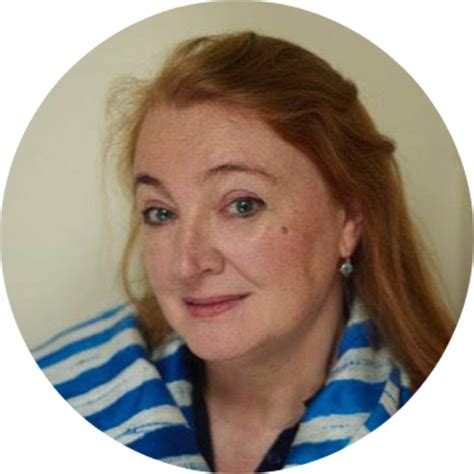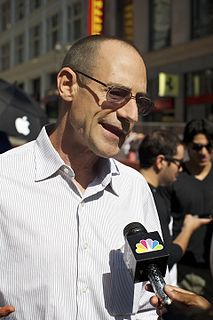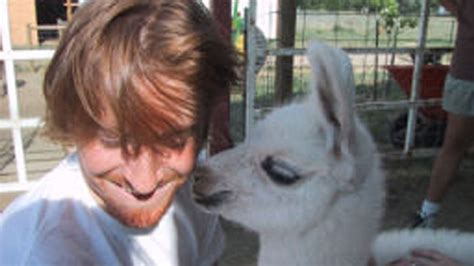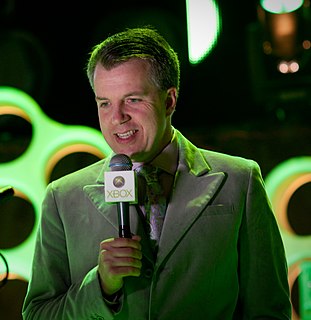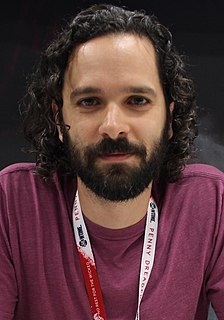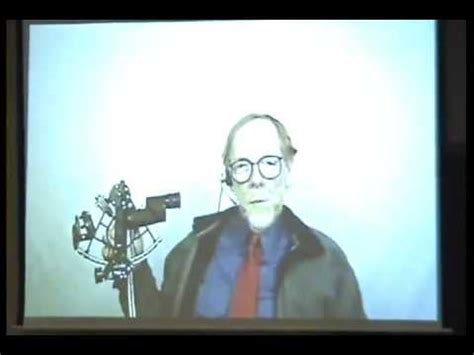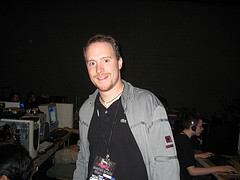A Quote by Erik Naggum
I have come to believe that large print, thick and heavy paper, and wide margins and oversize leading is indicative of the expected intelligence of the reader. … Compare children's books and books on Web Duhsign or other X-in-21-days books. If the reading level of a specification is below college level, chances are the people behind it are morons and the result morose.
Related Quotes
I hope to encourage more children to discover and love reading, but I want to focus particularly on the appreciation of picture books…. Picture books are for everybody at any age, not books to be left behind as we grow older. The best ones leave a tantalising gap between the pictures and the words, a gap that is filled by the reader's imagination, adding so much to the excitement of reading a book.
My daughter is seven, and some of the other second-grade parents complain that their children don't read for pleasure. When I visit their homes, the children's rooms are crammed with expensive books, but the parent's rooms are empty. Those children do not see their parents reading, as I did every day of my childhood. By contrast, when I walk into an apartment with books on the shelves, books on the bedside tables, books on the floor, and books on the toilet tank, then I know what I would see if I opened the door that says 'PRIVATE--GROWNUPS KEEP OUT': a child sprawled on the bed, reading.
I remember my fourth grade teacher reading 'Charlotte's Web' and 'Stuart Little' to us - both, of course, by E. B. White. His stories were genuinely funny, thought provoking and full of irony and charm. He didn't condescend to his readers, which was why I liked his books, and why I wasn't a big reader of other children's' books.
The current publishing scene is extremely good for the big, popular books. They sell them brilliantly, market them and all that. It is not good for the little books. And really valuable books have been allowed to go out of print. In the old days, the publishers knew that these difficult books, the books that appeal only to a minority, were very productive in the long run. Because they're probably the books that will be read in the next generation.
The books in Mo and Meggie's house were stacked under tables, on chairs, in the corners of the rooms. There where books in the kitchen and books in the lavatory. Books on the TV set and in the closet, small piles of books, tall piles of books, books thick and thin, books old and new. They welcomed Meggie down to breakfast with invitingly opened pages; they kept boredom at bay when the weather was bad. And sometimes you fall over them.
Women are books, and men the readers be, Who sometimes in those books erratas see; Yet oft the reader's raptured with each line, Fair print and paper, fraught with sense divine; Tho' some, neglectful, seldom care to read, And faithful wives no more than bibles heed. Are women books? says Hodge, then would mine were An Almanack, to change her every year.
If you are reading in order to become a better reader, you cannot read just any book or article. You will not improve as a reader if all you read are books that are well within your capacity. You must tackle books that are beyond you, or, as we have said, books that are over your head. Only books of that sort will make you stretch your mind. And unless you stretch, you will not learn.
In books I find the dead as if they were alive; in books I foresee things to come; in books warlike affairs are set forth; from books come forth the laws of peace. All things are corrupted and decay in time; Saturn ceases not to devour the children that he generates; all the glory of the world would be buried in oblivion, unless God had provided mortals with the remedy of books.












